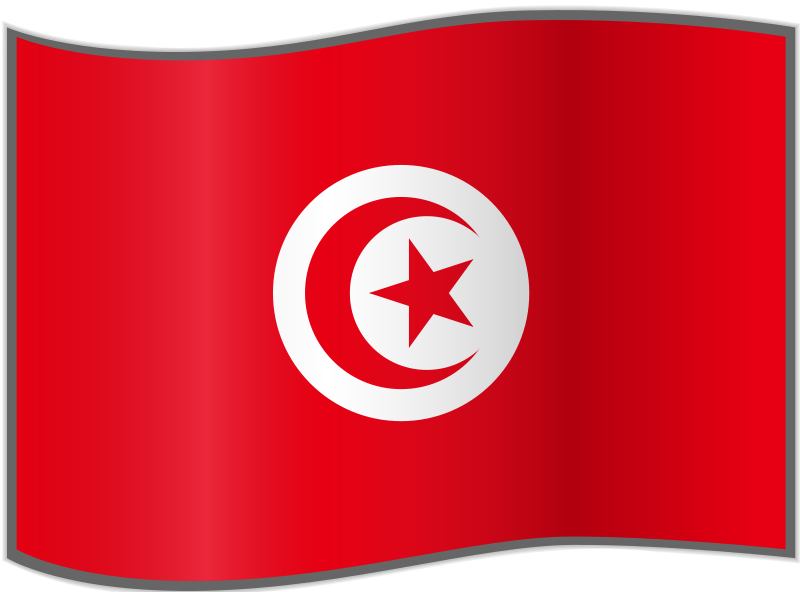Tunisia: The First Arab Islamocracy
Why the West shouldn't fear sharia.
 Tunisia, significantly the first Arab Spring nation to conduct elections, may well be on its way to becoming the first Muslim nation to combine the rule of sharia with elements of democracy. Americans should not seek to stand in the way of such a development. Both American elected officials and the media tend to assume that for a nation to be democratic, it must adopt our kinds of institutions, including the separation of religion and state. (This tendency was very much in evidence when Americans played key roles in writing the new post-liberation Iraqi and Afghan constitutions.) Though Tunisia is a relatively “modern” Arab state and has a sizable secular population, the political struggle is over how much sharia will be implemented, rather than whether the new regime can do without enforcing at least some Islamic rules and traditions.
Tunisia, significantly the first Arab Spring nation to conduct elections, may well be on its way to becoming the first Muslim nation to combine the rule of sharia with elements of democracy. Americans should not seek to stand in the way of such a development. Both American elected officials and the media tend to assume that for a nation to be democratic, it must adopt our kinds of institutions, including the separation of religion and state. (This tendency was very much in evidence when Americans played key roles in writing the new post-liberation Iraqi and Afghan constitutions.) Though Tunisia is a relatively “modern” Arab state and has a sizable secular population, the political struggle is over how much sharia will be implemented, rather than whether the new regime can do without enforcing at least some Islamic rules and traditions.
The new Tunisian government is likely to introduce one form of censorship or another, seeking to ensure that the media do not publish material that disparages Islam. Do not expect to see a rerun of the Danish cartoon of the prophet, a Tunisian edition of The Satanic Verses or even merely a depiction of God as a person. (Recently, when an animated film violated this last taboo, it elicited a firestorm of outrage that included many in the moderate center.) Moreover, it is likely that the new Tunisian constitution will reflect traditional Islamic views of marriage, divorce and inheritance that strongly favor men over women. At the same time, the new constitution is unlikely to follow the stricter interpretation of sharia that includes the amputation of the hands of thieves, public flogging and stoning of women who commit adultery—the violent expressions of Islam.
Americans may find it easier to accept Islamocracy if they recall that separation of state and religion is followed by France and the United States, but most other democracies have long had established religions. Despite the wall said to exist between the government and religious bodies, American taxpayers cover a great deal of the costs of health care and welfare provided by Catholic churches, Jewish religious organizations and many others, either by direct grants or indirectly via Medicare and Medicaid. And while the United States has a strong commitment to freedom of speech (other democracies impose stricter limits on hate speech and accord their citizens much more leniency to sue critics for defamation), we too impose more limits on speech than many may understand. Thus CBS was fined $550,000 for a wardrobe malfunction during the 2004 Super Bowl, and a reporter or anchor who uses the N-word or otherwise shows racial prejudice on the airwaves is likely to lose his job.
As Robert Merry previously put it, we can recognize the exceptionalism of our values without assuming their universality. We should accept that the Muslim republics will incorporate some moderate elements of sharia into their governments. (For example, polls show that more than 60 percent of Egyptians want sharia to be the sole source of law in their country; an additional 25 percent say that it should be one of several sources.) As long as they avoid the violent parts of sharia, we should hold that those countries have passed the basic litmus test to qualify as regimes with which we can work, even as we hope for and favor further development in the direction of values we hold dear.
Amitai Etzioni served as a senior advisor to the Carter White House; taught at Columbia University, Harvard, University of California at Berkeley and is a professor at The George Washington University.
